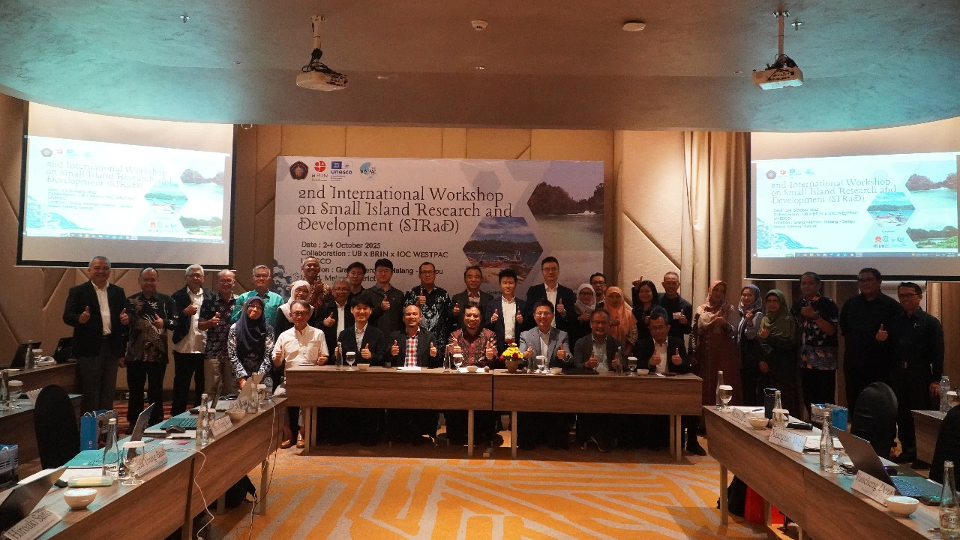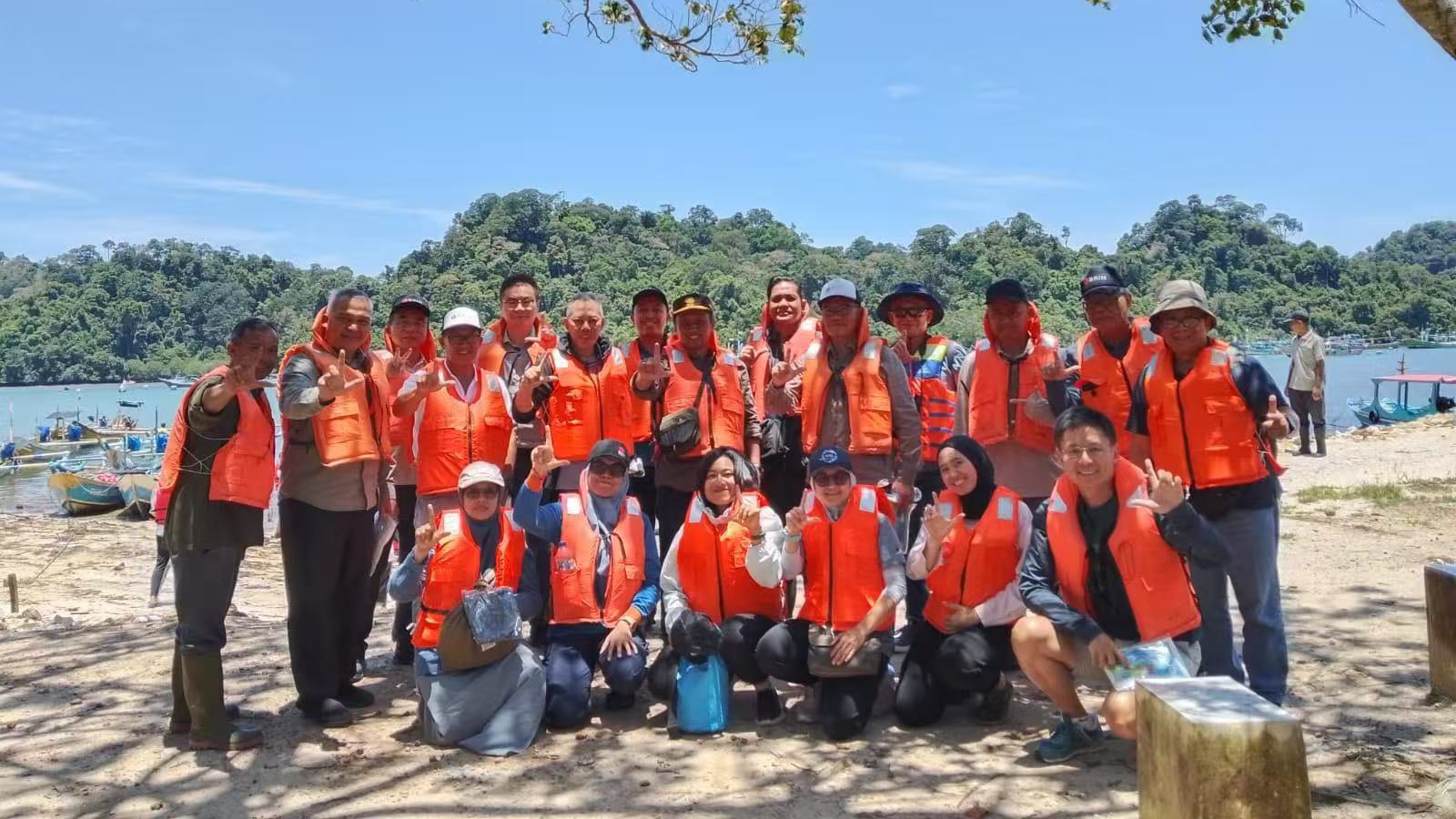- Agus Heri Purnomo & Zainal Arifin
- Posted on
- Malang, Indonesia

Small islands across the Western Pacific face mounting challenges—from climate change and coastal degradation to limited institutional capacity. In response, the IOC Sub-Commission for the Western Pacific (WESTPAC) established the Small Island Research and Development (SIRaD) Working Group at its 14th Intergovernmental Session (April 2023, Jakarta), with the objectives of fostering interdisciplinary research collaboration, promoting community-engaged approaches, supporting evidence-based policymaking for sustainable small island development.
Country presentations from China, Japan, Korea, Malaysia, Thailand, and Indonesia highlighted the importance of policy and legislative frameworks to island conservation and sustainable development. Case studies from six pilot islands—Amami (Japan), Jeju (Korea), Langkawi (Malaysia), Pingtan Dao (China), Koh Tao (Thailand), and Gili Matra (Indonesia)—illustrated the persisting challenges amid escalating economic development and climate pressure. Indonesian researchers and government agencies shared their efforts combining scientific evidence, stakeholder participation, and ecosystem-based management, illustrating how participatory governance and sustainable tourism can reinforce resilience and local livelihoods.

Looking ahead, the Malang workshop reaffirmed that sustaining small islands requires strong transdisciplinary collaboration that unites ecology, governance, and culture in a shared adaptive framework. With Indonesia—an archipelagic nation of over 17,000 islands—serving as a regional hub, the SIRaD initiative is now expanding its institutional network across universities and research centers in China, Japan, Korea, Malaysia, Thailand, and Indonesia, fostering shared learning and coordinated actions toward a sustainable island future.

